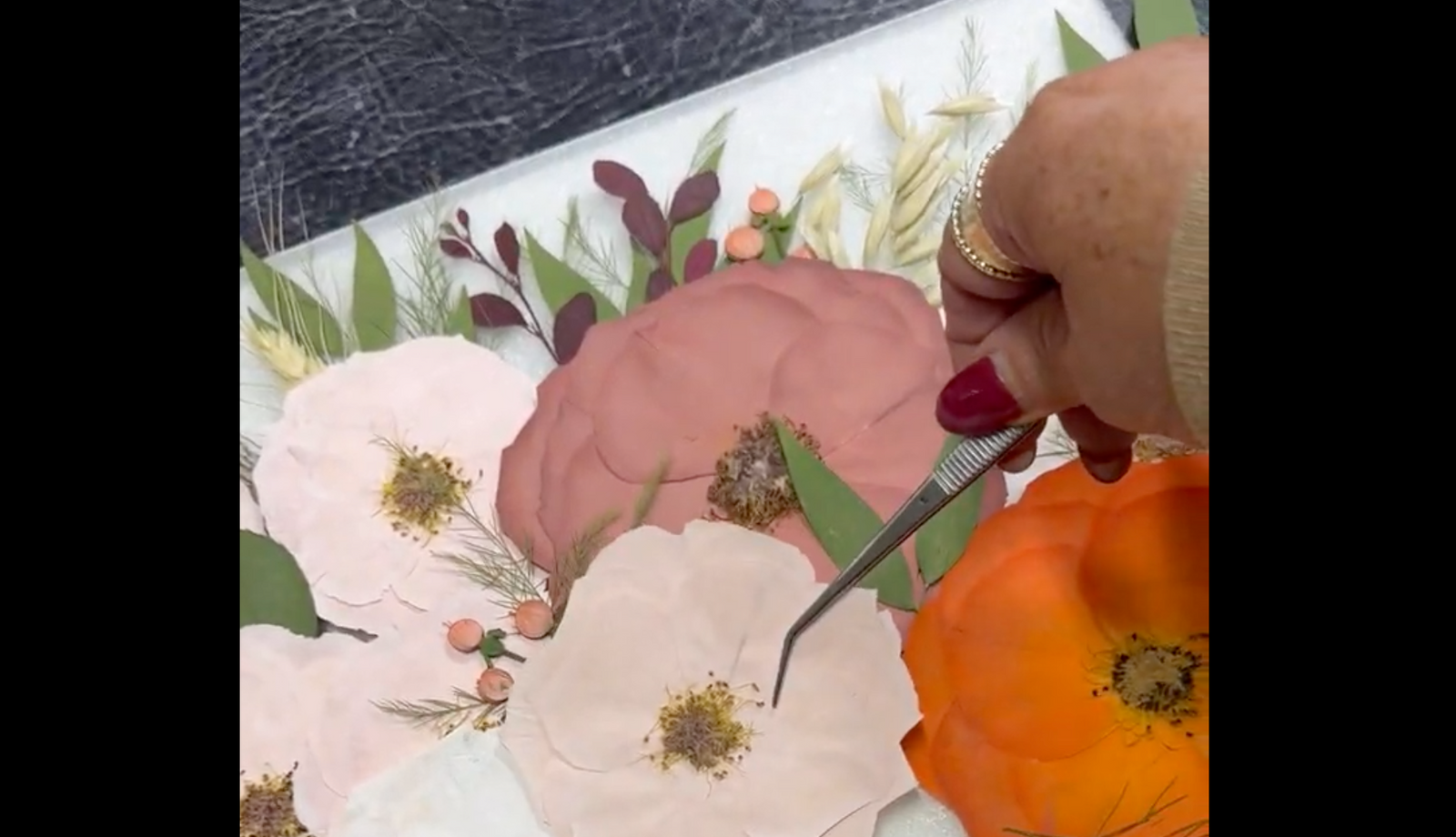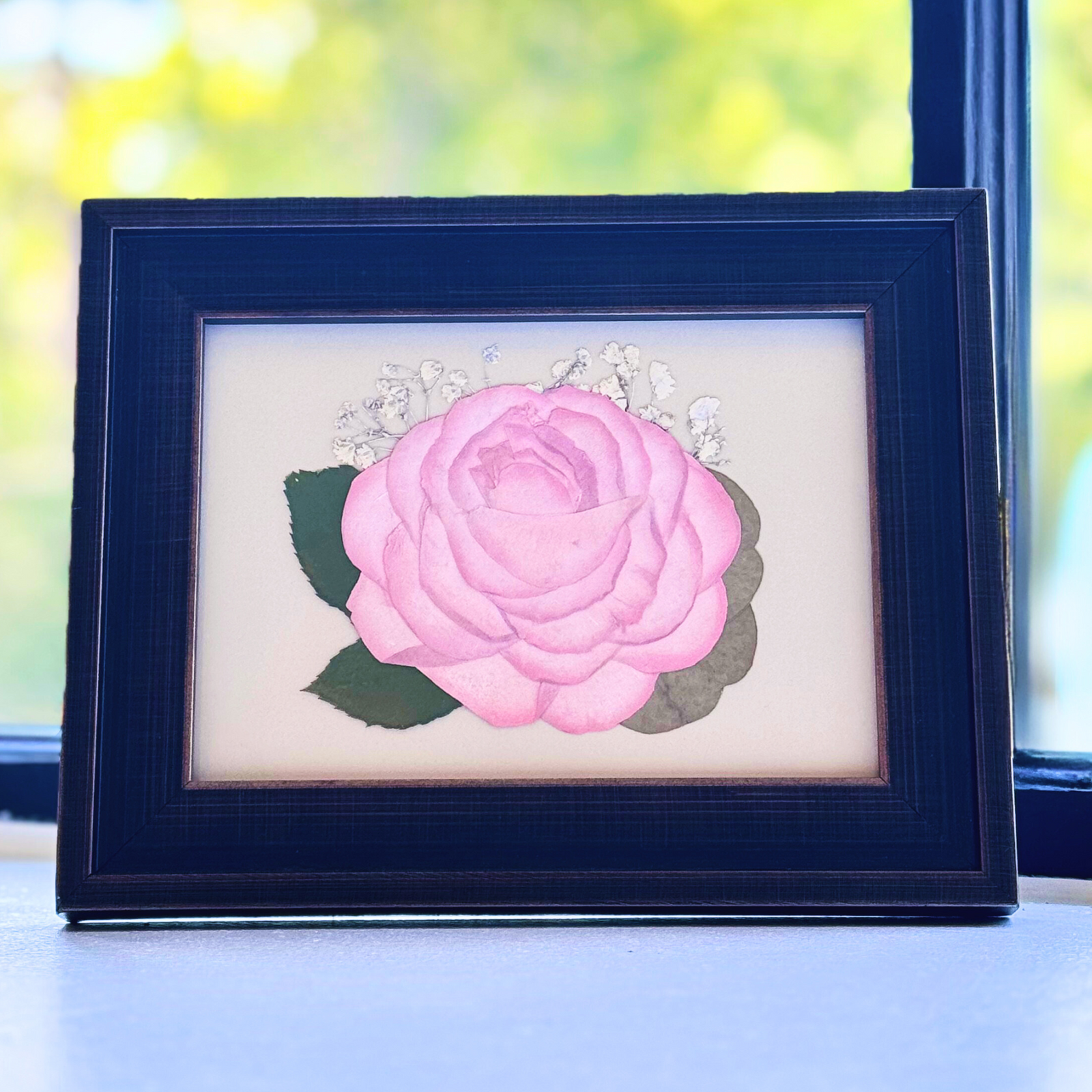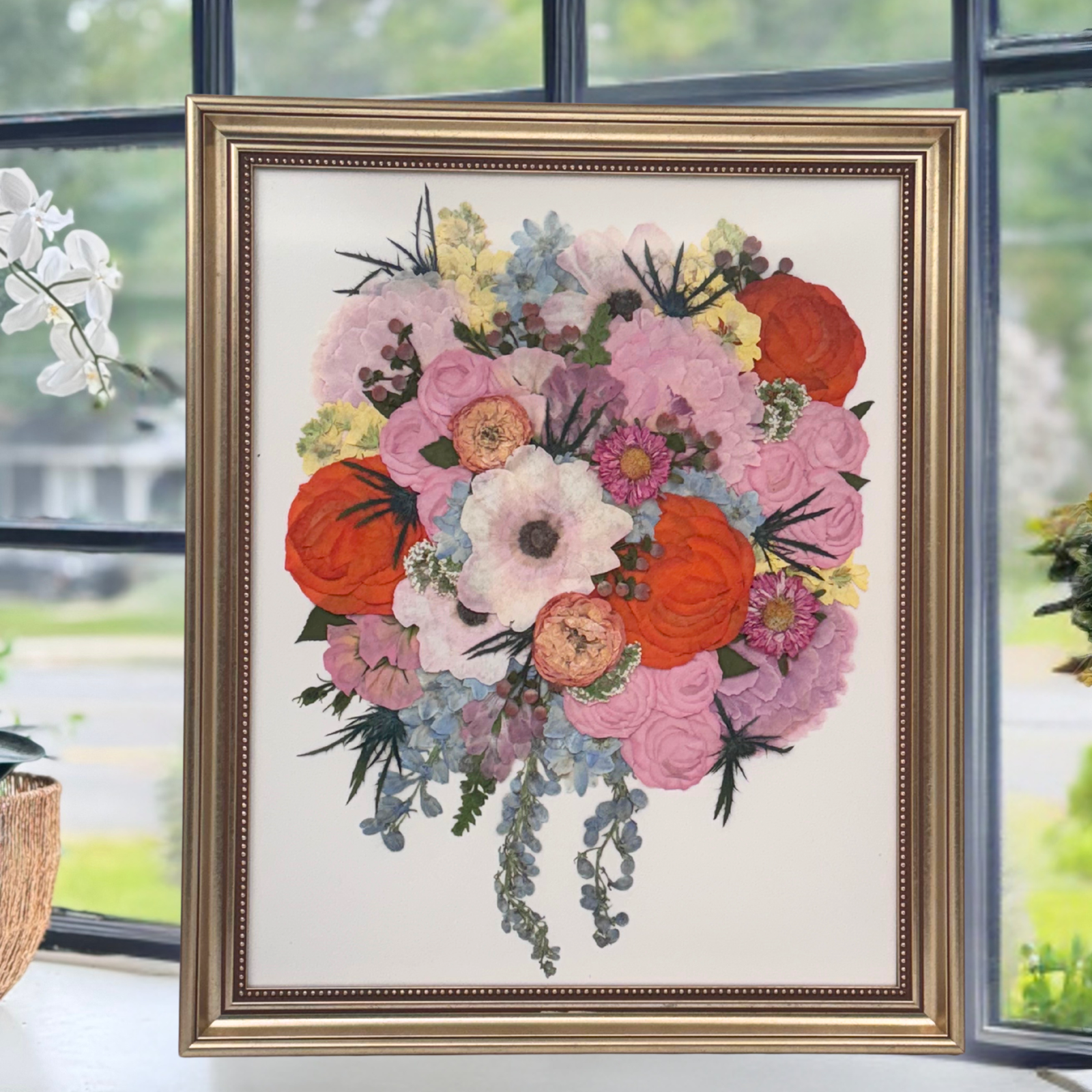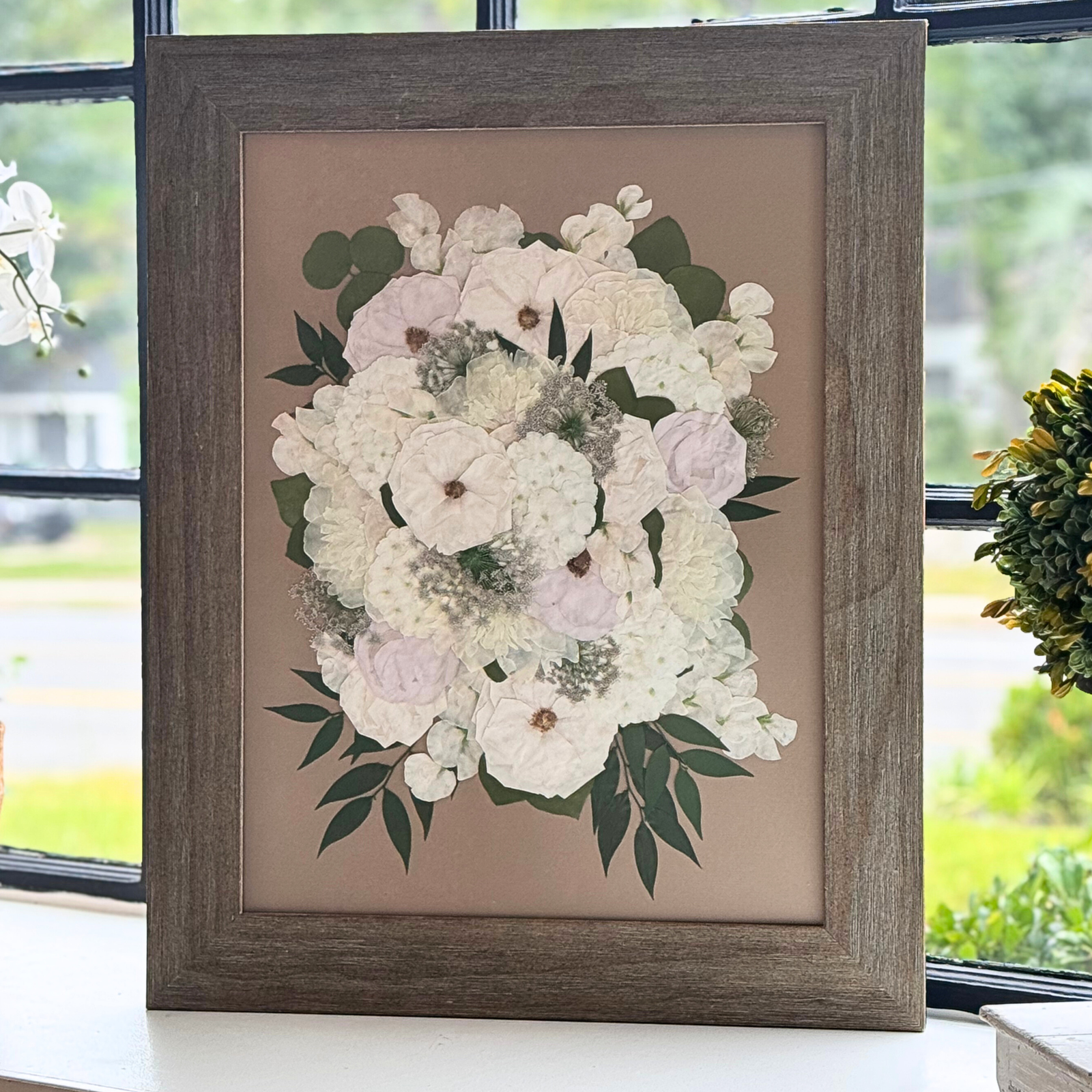 Grief is natural response everyone feels when they experience a loss in life. This loss could be any number of things: a divorce, the breakdown of a relationship, the loss of health or friendship and of course, bereavement. The more significant the loss, the more intensely the grief is felt. The permanent loss of someone who means so much to us can make us feel completely overwhelmed at times, and we can often feel like we are never going to feel normal again.
Grief is natural response everyone feels when they experience a loss in life. This loss could be any number of things: a divorce, the breakdown of a relationship, the loss of health or friendship and of course, bereavement. The more significant the loss, the more intensely the grief is felt. The permanent loss of someone who means so much to us can make us feel completely overwhelmed at times, and we can often feel like we are never going to feel normal again.
One thing to remember about grief is that is your own experience, and you shouldn’t force yourself to feel better. There is no set timetable and your grief depends on many factors. Unfortunately the feeling may never go away, but it can become easier and we can learn to cope with the reality that our loved one is no longer with us.
Myths
We are often told many clichés when it comes to coping with grief. These are things like you have to be strong, that if you’re not crying outwardly you do not feel the pain as acutely, that if you ignore the pain it will go away, and finally that the grieving process should last around a year. As mentioned above, grieving is a completely individual experience. Perhaps you won’t cry, perhaps you will be scared. Do what feels natural and right to you.
The Stages of Grief
Unfortunately we all must experience grief at some point in our lives, and to try and make sense of our emotions can help the process. Universally, psychologists agree that grief as an emotion involves the following stages:
- Denial – This isn’t happening to me
- Anger – Why is this happening to me? This is not fair
- Bargaining – Please make this go away/happen, and in return I will…
- Depression – I am too sad to do try and do anything
- Acceptance – I have come to terms with what has happened
One thing which is often misunderstood about the above is that you will go through these stages in order. That simply isn’t true, and you can revisit these stages in a myriad of different combinations and orders based on your own experience. The final stage of acceptance does not mean, as some believe, that you are ok. It means you have accepted the reality you have been dealt. Grief is a roller coaster of emotions, and the stages are not rigid.
Coping with Grief
There are many different ways to try and cope with grief, and even small things can help us feel better.Talking about your feelings is an essential part of healing. Having the support of your family and friends is extremely useful; after all they may be going through similar experiences and can empathize with your emotions. Do not avoid these people, lean on them when you need to. Faith can be another way in which to draw strength, as well as joining a support group or speaking to a therapist. Find what works best for you. Nothing can ever replace a loved one, but there is hope and you can learn to manage.











